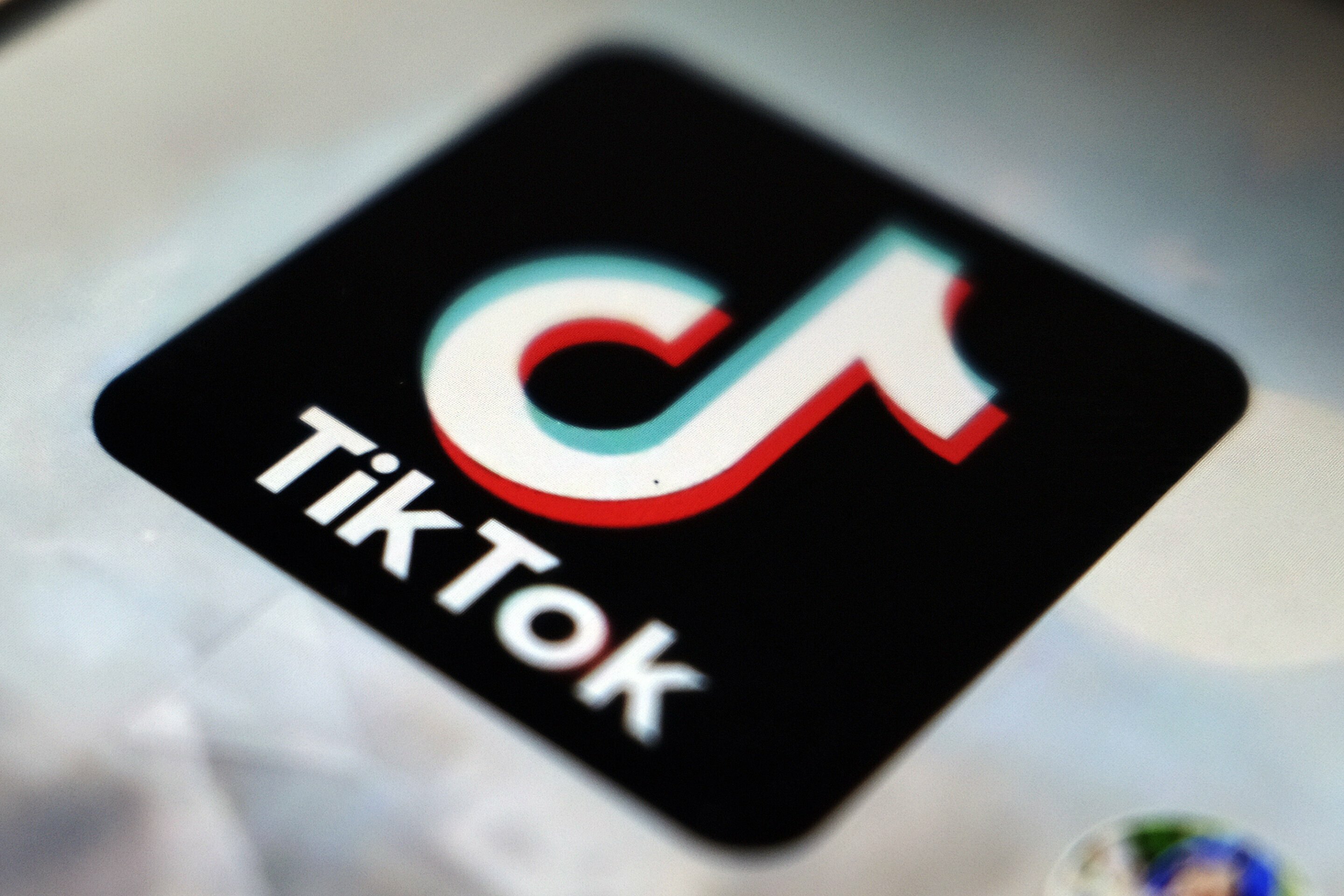 Some regulators in the industry sectors have proffered recommendations and pledged their supports for the optimisation of the country’s Micro, Small and Medium Enterprises (MSME) to foster trade exports between Nigeria and Britain.
Some regulators in the industry sectors have proffered recommendations and pledged their supports for the optimisation of the country’s Micro, Small and Medium Enterprises (MSME) to foster trade exports between Nigeria and Britain.They spoke at the Nigerian-British Chamber of Commerce (NBCC) Micro, Small and Medium Enterprises (MSME) Business Optimisation Clinic on Thursday in Lagos.
Malam Farouk Salim, Director-General, Standards Organisation of Nigeria (SON), said that MSMEs could make or mar a country’s economic potential, based on the presence or absence of standards and certification.
Salim, represented by Mrs Phebean Arumemi, Head, SME Desk, SON, tasked MSME operators to get plugged into the SON enabling business environment, developed by the Federal Government to support their growth.
He urged businesses to maintain zero tolerance for the manufacture, trade or patronage of fake and substandard products and urged them to join hands with the SON to fight the exportation or importation of substandard products.
“The SON is committed to providing support to help MSME compliance and development for enhanced service delivery.
“Your role as MSME ready for production and trade in quality product with Britain includes, but is not limited to allowing the SON grow and test the quality of your products.
“Your business and the chamber can join the SON technical committee meetings to develop standards and standards implementation should form part of your companies’ policy with timeline for implementation,” he said.
The Director-General, National Agency for Food and Drug Administration and Control (NAFDAC), Mrs Mojisola Adeyeye, said the agency would continue to evolve customer focused initiatives to support businesses and the MSME sector.
Adeyeye, represented by Mr Ayankop E. Ayankop, Deputy Director, NAFDAC, said that the pledge was to assure safety, efficacy and quality of regulated products manufactured, distributed, imported, sold or used.
She charged MSMEs to meet up with the registration and regulatory requirements needed to obtain marketing authorisation in line with global best practices for products.
“Some challenges with marketing products include knowledge pap, global economic outlook, business risk exposure, rejects due to quality of exports, infrastructure related challenges, high risk financial Instruments and insecurity.
“However, the way forward is self education and networking, public education and sensitisation, focused MSME support for funding.
“Others are incentives, collaborative efforts, shared facilities, and stakeholder involvement in policy and government,” she said.
Mr Olukayode Pitan, Managing Director, Bank of Industry (BoI), noting the contribution of MSME to the Nigerian economy, stressed their support must predominantly consider the four keywords of micro businesses, sole proprietorship, informality and gender.
Pitan, represented by Mr Obaro Osah, Divisional Head, SME-South, SME Directorate, BOI, noted that in spite of their strategic role to national development, MSME faced key challenges that hampered their ability to compete, and indeed succeed.
Pitan said some of the key challenges include difficulty in accessing finance, challenging operating environment, infrastructural issues, dearth of business and technical knowledge by most entrepreneurs, among others.
He noted that of these challenges, difficulty in accessing finance had been identified as the biggest challenge that MSMEs face in Nigeria.
He attributed the development to the highly unstructured nature of MSMEs, high interest rates, long and tedious administrative processes, poor book keeping, lack of credit history, collateral, and lack of awareness of funding sources.
“BOI provides financial assistance for the establishment of large, medium and small projects as well as the expansion, diversification and modernisation of existing enterprises; and rehabilitation of existing ones.
“BOI CSR project provides common facilities and infrastructure for tech hubs to support MSME technology ecosystem.
“To date, 10 hubs have been launched in six states across the country (Lagos, Kebbi, Delta, Kaduna, Bayelsa and Osun states),” he said.
Mrs Sheila Ojei, Director, Strategy, Funding and Stakeholder Management, Lagos State Employment Trust Fund(LSETF), said it was committed to improving access to finance, strengthening MSME institutional capacity, and formulating programmes and policies designed to improve the business environment in Lagos State.
“There are several general funding opportunities for MSME such as the Tony Elumelu Entrepreneurship Programme, Orange Corners, Youwin Nigeria, the LSETF fund, and a host of others.
“However, the funding must be used to purchase inventory, assets, day to day financing, refinancing debts and marketing.
“The funding must not be used for non business related activities, not paying back obligations and giving up stake on business quite soon,” she said.
Ms Bisi Adeyemi, President, NBCC, said the Business Optimisation Clinic was designed to create a platform where solutions are proffered to business challenges by a versatile team of experts from various agencies charged with MSME development.
Adeyemi, represented by the Chamber’s Vice President, Mr Ray Atelly, said the clinic was one of the Chamber’s initiatives to not only engage and empower MSMEs, but to provide access to professional guidance and remedies to business challenges.






















